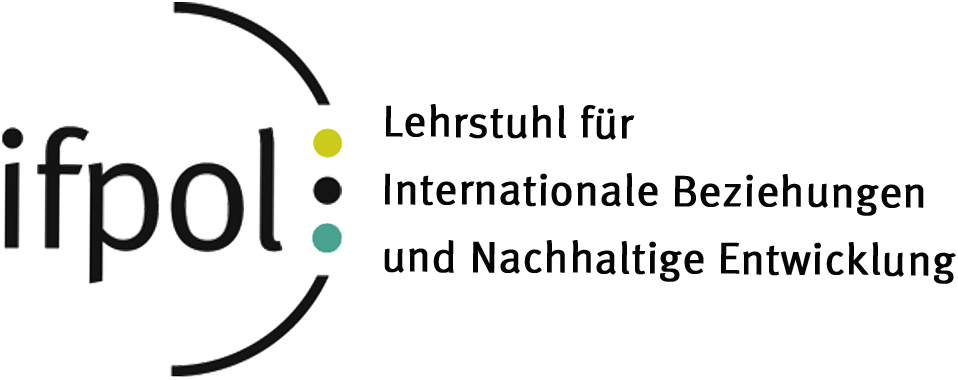

Contact: Judith Maschke
Consumer participation can take many forms, for example in the form of repair initiatives, community gardens or food rescue. These have in common that they promote the more or less active participation of consumers in the satisfaction of their needs and at the same time open up ways for them to help shape consumption practices. The examples mentioned are expression of an increasing degree of organization in consumer participation. This organization allows consumers not only to contribute to their own needs satisfaction, but also to integrate themselves into society through communal activities. Organized consumer participation exits in both formal and non-formal, small and large, local and (inter)national forms. And although organized consumer participation seems to be prospering, in practice these organizations are also often confronted with a wide variety of challenges. But what factors inhibit or promote the success or failure of organized consumer participation? How can these organizations help themselves? How can organizational consulting initiatives and politics support the establishment, continuation and/or expansion of organized consumer participation? And what is already known theoretically, empirically and normatively about the determinants of success or failure organized consumer participation?
These questions are the starting point of the MOVER project. The aim of the project is to analyze general and type-specific determinants of the success or failure of organized consumer participation in order to derive recommendations for action for the organizations themselves, advisory institutions as well as the framework-creating consumer (education) policy. Methodologically the project will combine desk research with expert interviews, a consumer survey study and focus groups.
MOVER is a joint project that started on 01.05.2021 under the leadership of the Heinrich-Heine-Düsseldorf. In addition to the WWU Münster, the University of Siegen and the University of Cologne are scientific partners as well as the Verbraucherzentrale NRW. On the side of the WWU Professor Doris Fuchs and Judith Maschke are working on the project. MOVER is funded by the German Federal Ministry of Justice and Consumer Protection during the two-year project period.

